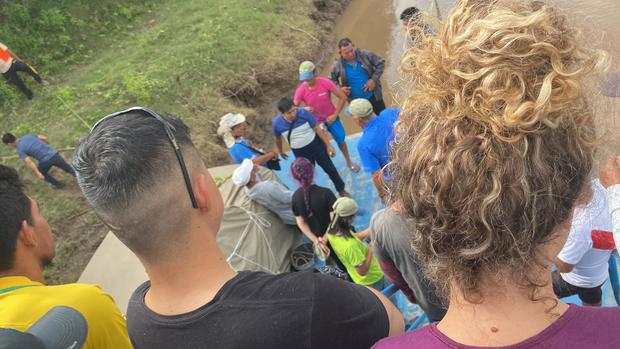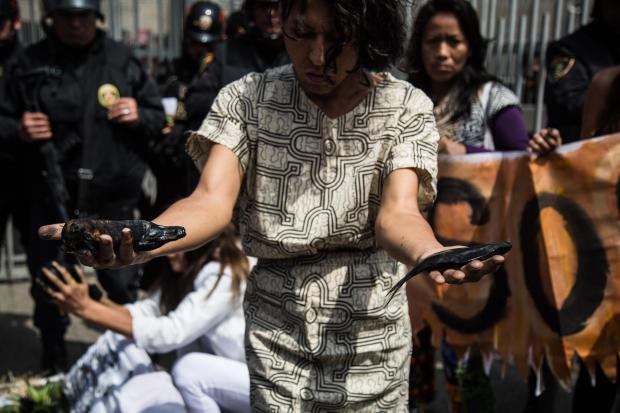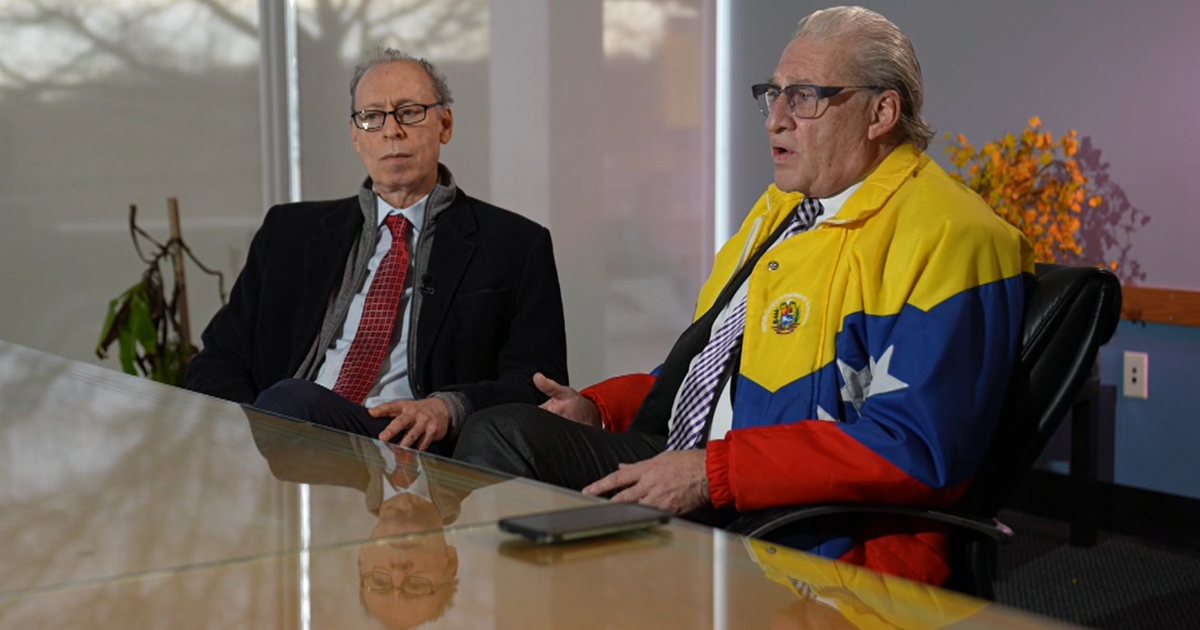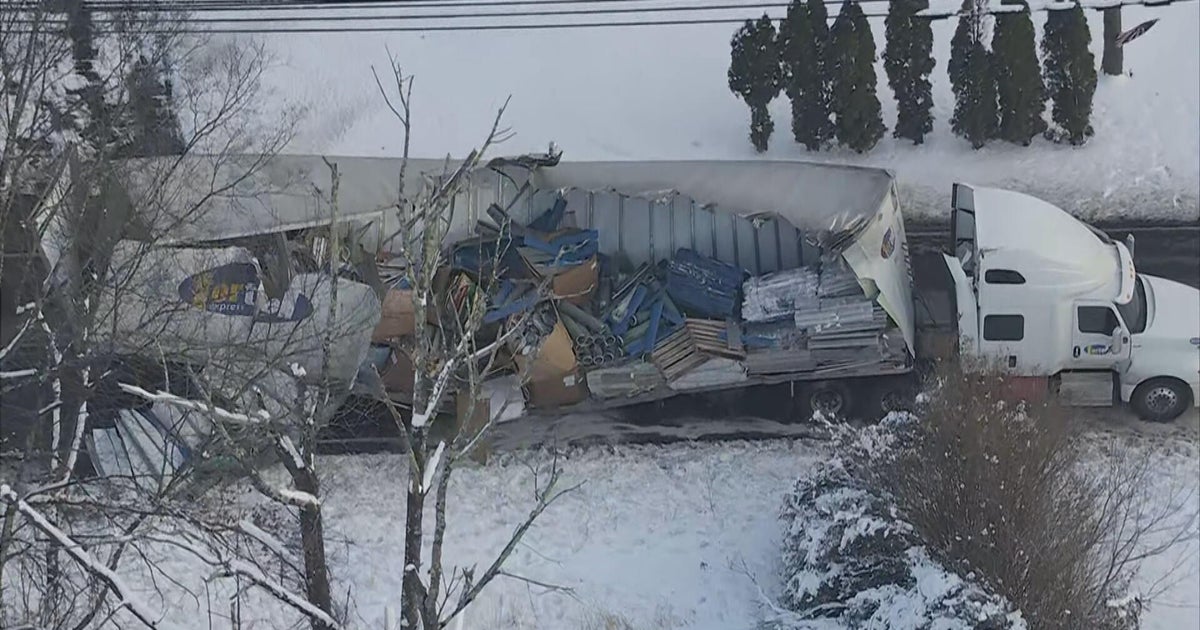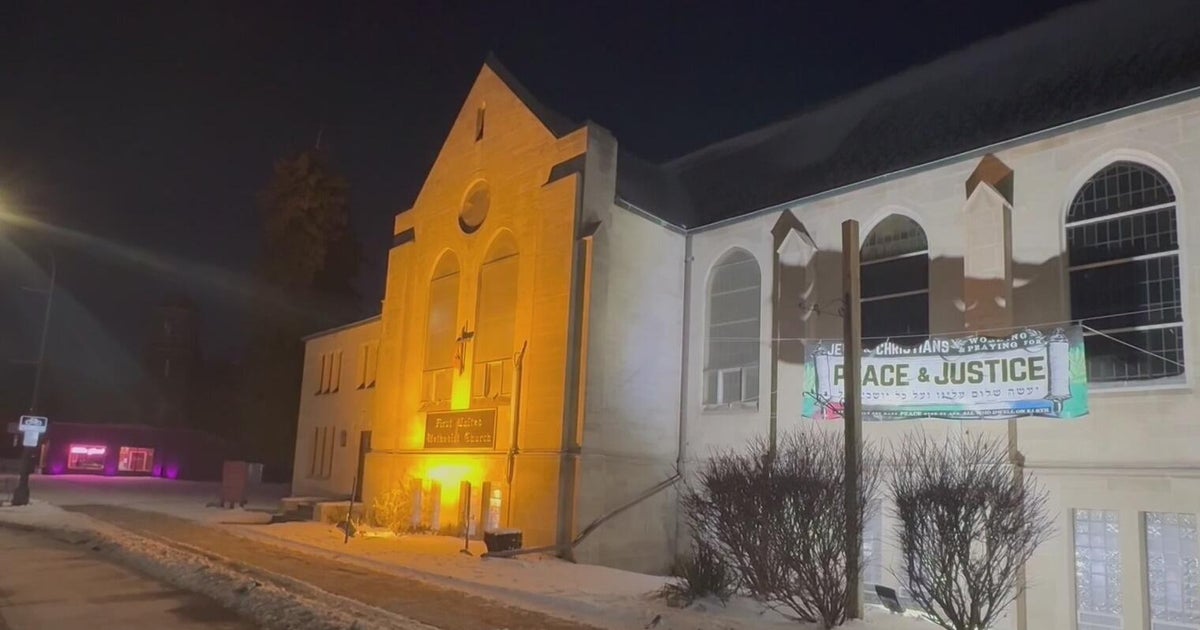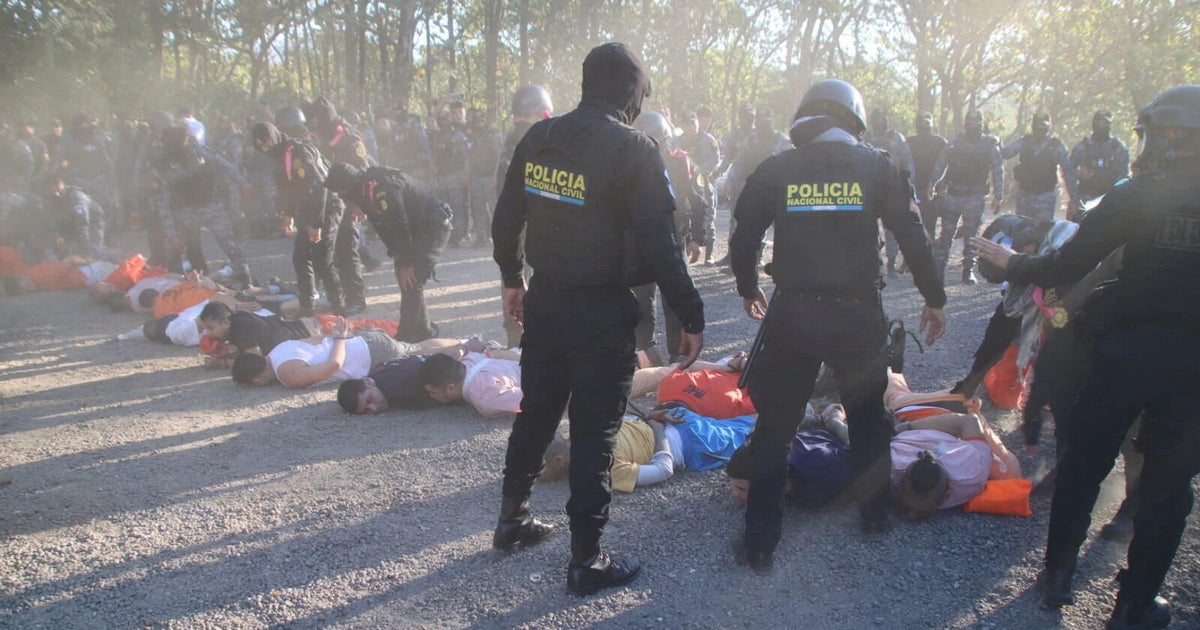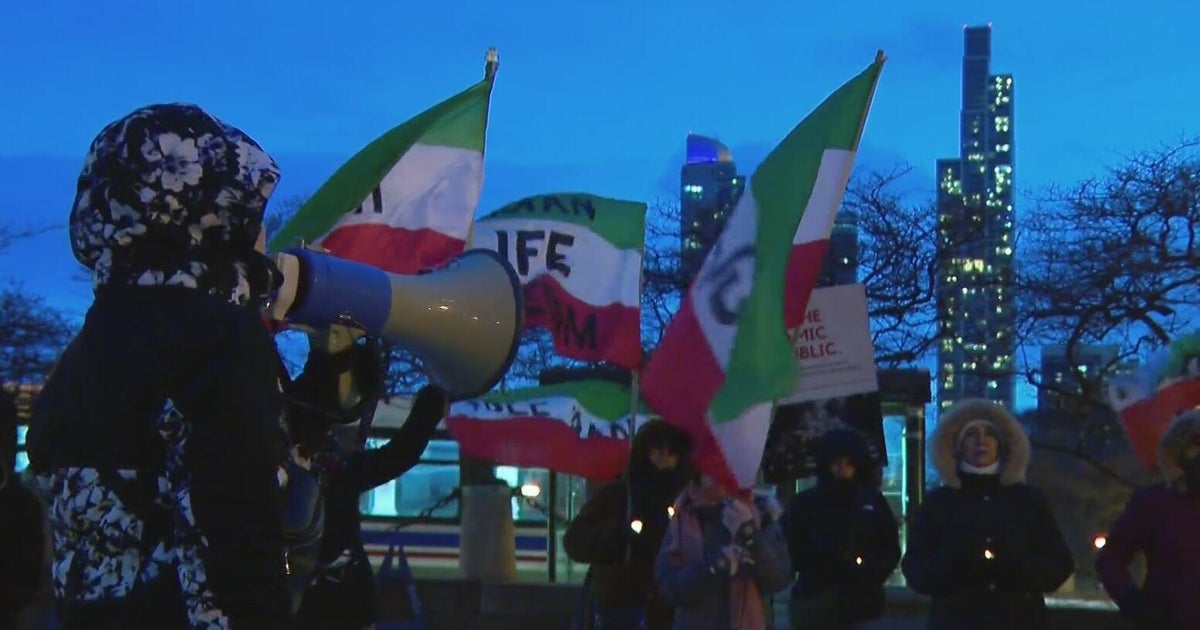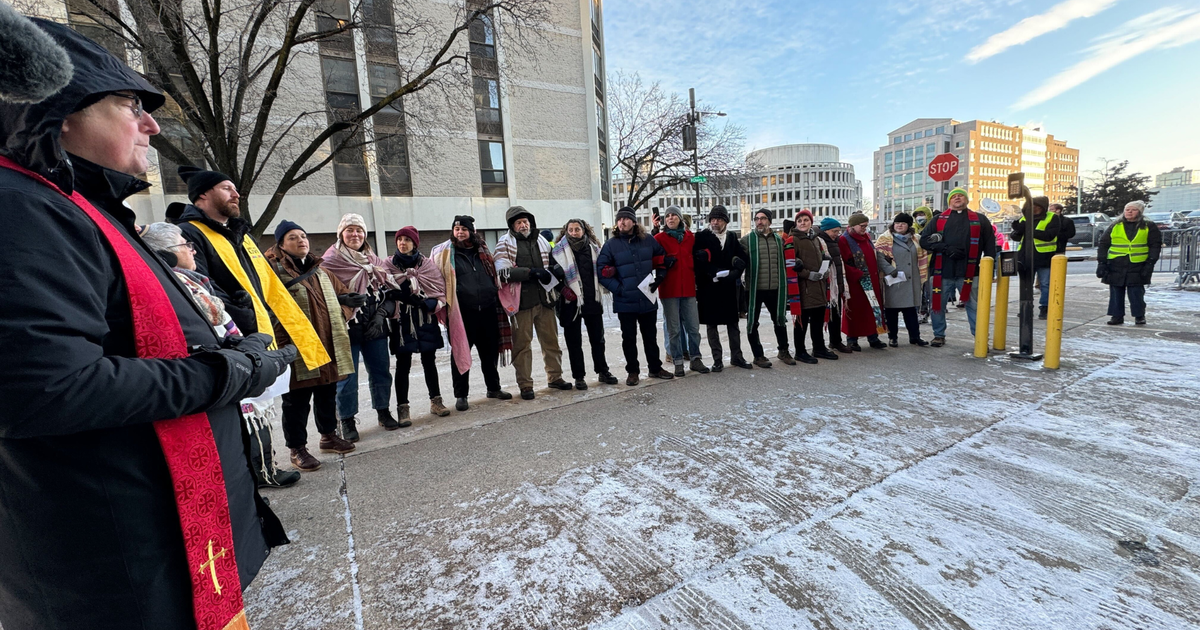Indigenous group holds dozens of tourists hostage, including Americans, in Peruvian Amazon oil spill protest
A group of Indigenous people in Peru's Amazon region has taken dozens of foreign and Peruvian tourists hostage as they made their way through the area on river tour boat. The Indigenous group says it took the action to protest the lack of government aid following an oil spill in the area, according to local media and members of the tour group.
"(We want) to call the government's attention with this action, there are foreigners and Peruvians, there are about 70 people," Watson Trujillo Acosta, the leader of the Cuninico community, told the country's national RPP radio network.
The tourists include citizens from the United States, Spain, France, the U.K. and Switzerland.
Lon Haldeman, one of the Americans held captive, said in a statement shared with CBS News on Friday by his wife that the group had been held "for the past 26 hours."
He said that the hostage-takers were demanding "medical help and clean water and food" after an oil spill in the area "contaminated the wells and river."
"The villagers are peaceful toward us but they did take over the boat with spears and clubs," Haldeman said in the statement. "No one had guns. We were parked near an island last night and the villagers took the battery from the boat motor. The captain and drivers are being held in a village jail. The village wants to keep the big boat for ransom. We might get some small rescue boats. There is new action every hour."
Angela Ramirez, a Peruvian national who said she was among the hostages, said in a Facebook post on Thursday afternoon that there were children, pregnant women and disabled people among those seized on the boat.
Ramirez also said the Indigenous community was treating them with kindness and respect, adding that holding the tourists was "the only way they have found to look for solutions for their community" after oil spills that allegedly led to the deaths of two children and one woman.
"The sooner they are heard, the sooner they will let us go," said Ramirez in the online post. "Help me help them be heard."
Acosta said his group had taken the "radical measure" in an effort to put pressure on the government to send a delegation to assess the environmental damage from a September 16 incident that spilled 2,500 tons of crude oil into the Cuninico River. He said the detainees would spend the night inside the vessel while awaiting a resolution to the situation.
Susan Notorangelo, Haldeman's wife, told CBS News her husband had been sending sporadic updates to let her know he was OK, but not responding to many questions, which she suspected was an effort to conserve battery power on his iPad. Notorangelo said she had been told the U.S. State Department was sending a boat with food and water, but didn't believe it had yet arrived at the remote location.
Haldeman is a tour guide, but was not running the tour that was detained. Notorangelo said her husband and the other tourists were supposed to have ended their boat ride at noon on Thursday and then ridden bikes to the nearby town of Iquitos. She said her husband has an airline ticket to leave Peru on Tuesday, and hopes he and the other hostages will be released in time for him to make the flight.
Ramirez told RPP that the Cuninico community had said it was prepared to hold the hostages for six to eight days, until it receives a response from the government.
She said they were "physically fine," but in a new post on Friday morning she said the sun was strong, babies were crying and they were almost out of water.
Local media indicated no public comment from the Peruvian government or police on the incident, which took place on a tributary of the Maranon River.
Indigenous communities had already been blocking the transit of all vessels on the river in protest against the spill, which was caused by a rupture in the Norperuano oil pipeline.
On September 27, the government declared a 90-day state of emergency in the impacted region, which is home to about 2,500 members of the Cuninico and Urarinas communities.
The roughly 500-mile-long Norperuano pipeline, owned by the state-run Petroperu, was built four decades ago to transport crude oil from the Amazon region to the ports of Piura, on the coast.
According to Petroperu, the spill was the result of an eight-inch cut made deliberately in the pipeline, which the company said had suffered over a dozen similar attacks in the past.
